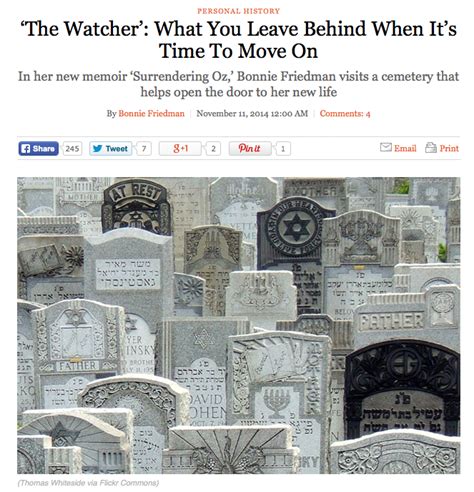A Quote by Johann Wolfgang von Goethe
Only that type of story deserves to be called moral that shows us that one has the power within oneself to act, out of the conviction that there is something better, even against one's own inclination.
Related Quotes
Pride is an established conviction of one’s own paramount worth in some particular respect, while vanity is the desire of rousing such a conviction in others, and it is generally accompanied by the secret hope of ultimately coming to the same conviction oneself. Pride works from within; it is the direct appreciation of oneself. Vanity is the desire to arrive at this appreciation indirectly, from without.
Each of us is our own story, but none of us is only our own story. The arc of my own personal story is inexplicably and intrinsically linked to the story of my parents and the story of my neighbor and the story of the kid that I met one time. All of us are linked in ways that we don't always see. We are never simply ourselves.
To live in any true sense of the word is to reject others; to accept them, one must be able to renounce, to do oneself violence, to act against one's own nature, to weaken oneself; we conceive freedom only for ourselves - we extend it to our neighbours only at the cost of exhausting efforts; whence the precariousness of liberalism, a defiance of our instincts, a brief and miraculous success, a state of exception, at the antipodes of our deepest imperatives.
Truth has power. And if we all gravitate toward similar ideas, maybe we do so because those ideas are true...written deep within us. And when we hear the truth, even if we don't understand it, we feel that truth resonate within us...vibrating with our unconscious wisdom. Perhaps the truth is not learned by us, but rather, the truth is re-called...re-membered...-re-cognized...as that which is already inside us.
Although our moral conscience is a part of our consciousness, we do not feel ourselves on an equality with it. In this voice which makes itself heard only to give us orders and establish prohibitions, we cannot recognize our own voices; the very tone in which it speaks to us warns us that it expresses something within us that is not of ourselves.





































